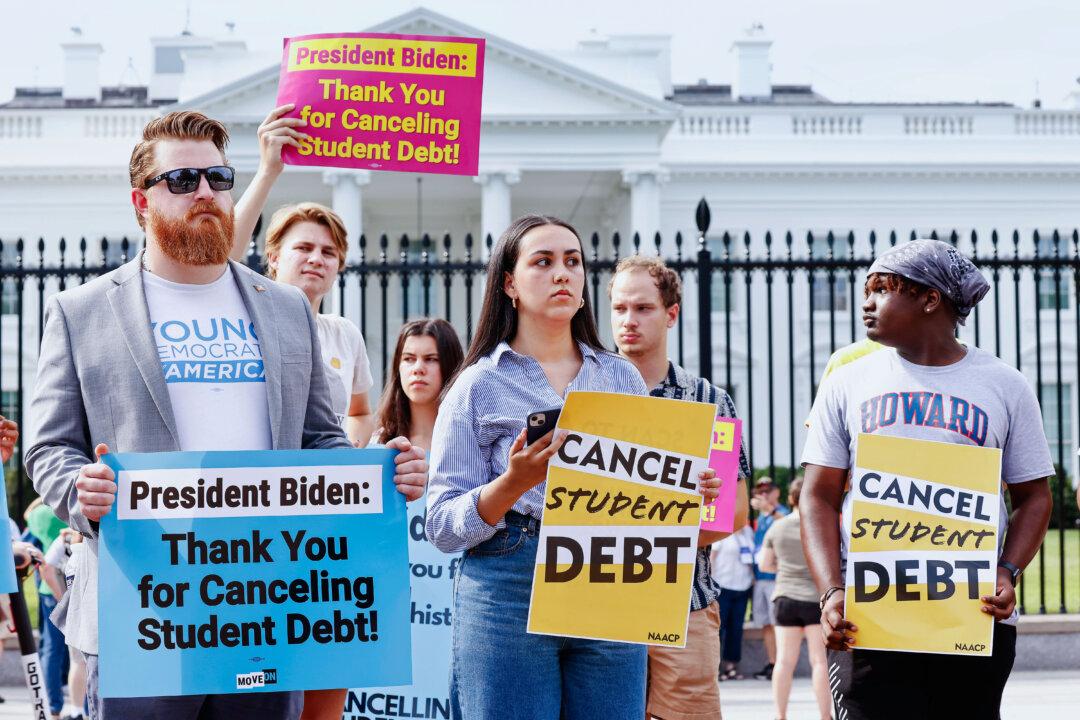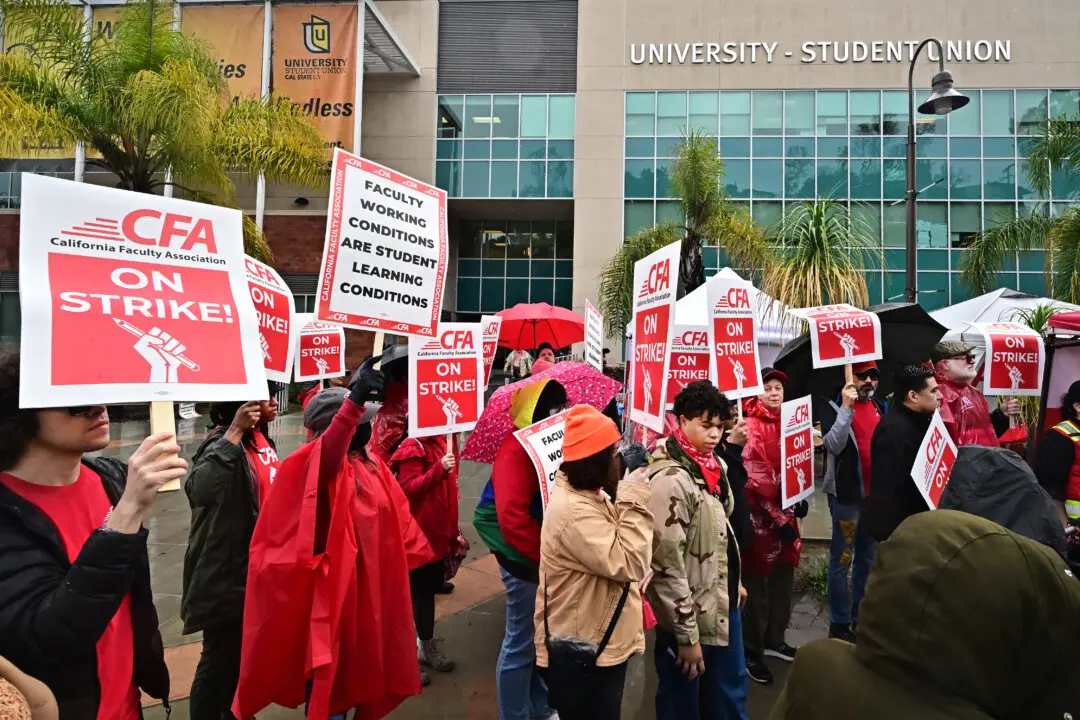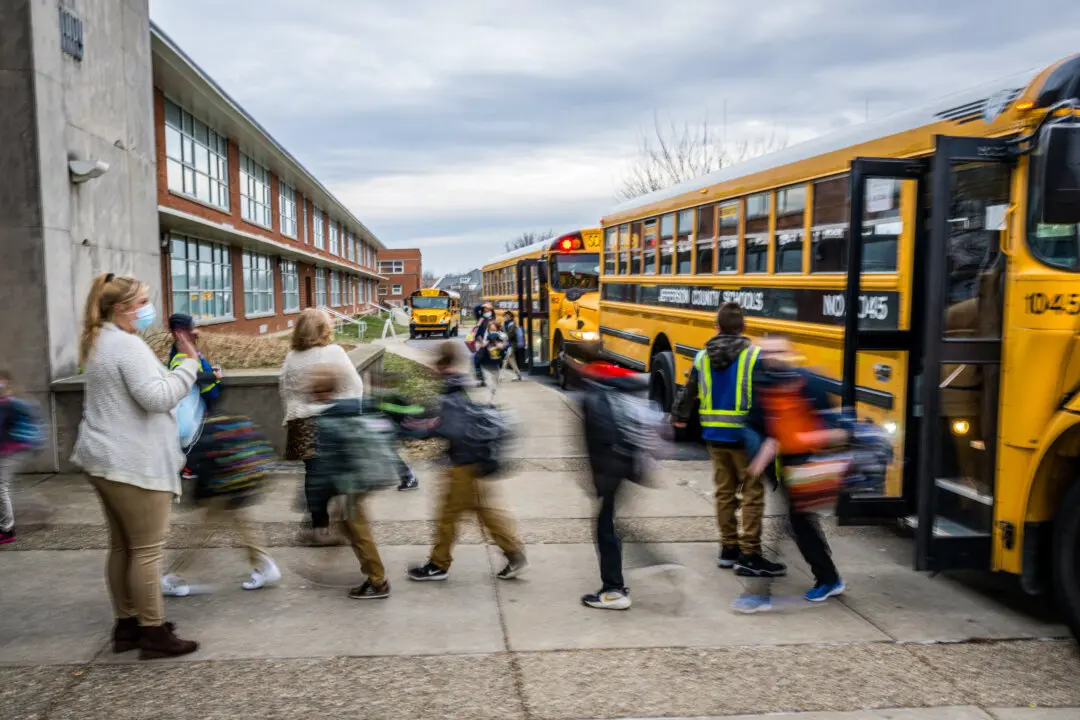A Republican-led House panel on April 29 supported a measure that caps the amount of federally backed student loans, protects taxpayers against debt forgiveness bailouts, and amends Pell grant requirements.
The Student Success and Taxpayer Savings Plan Bill, passed by the House Committee on Education and the Workforce along party lines with a 21–14 vote, forms a component of the larger reconciliation bill, aimed at avoiding the 60-vote filibuster Senate requirement, to advance President Donald Trump’s policy agenda.





